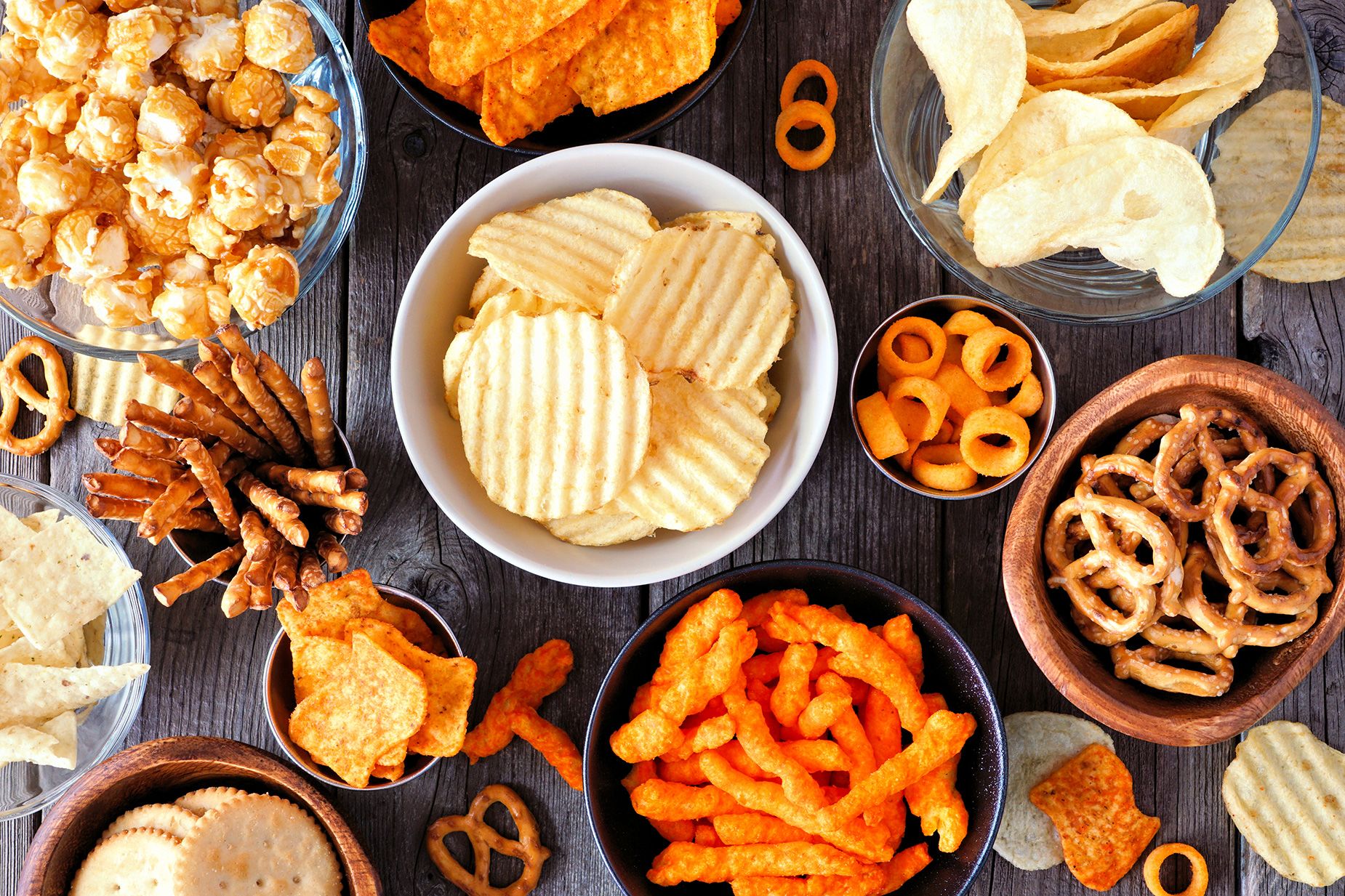Alright, let’s be real for a second.
We all love convenience. Fast snacks, quick meals, packaged stuff that doesn’t go bad for months — it’s just easy. But here’s the thing most of us don’t realize until much later: this “easy” food might be messing up your health in more ways than one.
If you’ve been wondering why you should avoid ultra-processed foods, this post is for you.
I spoke to a top nutritionist in Bangalore — someone who works with real people (not just celebrities or social media). And yep, what she shared made me rethink my grocery cart.
Let’s break it down.
What Are Ultra Processed Foods?
Quick heads-up.
Ultra-processed foods are not just your regular chips or soft drinks.
They include:
- Packaged cookies, cakes, pastries
- Flavored yogurts with additives
- Instant noodles
- Soft drinks and packaged juices
- Processed meats like sausages and nuggets
- Sweetened breakfast cereals
- Frozen ready-to-eat meals
If it has a long ingredient list with things you don’t recognize (like maltodextrin, carrageenan, or artificial flavors), it’s probably ultra-processed.
Why You Should Avoid Ultra-Processed Foods (Top 8 Reasons)
Let’s get straight to it.
These aren’t scare tactics. These are simple facts that more people need to know.
Top 8 Reasons Why You Should Avoid Ultra-Processed Foods
1. They mess with your gut health
Your gut is full of bacteria — the good kind. They help with digestion, immunity, and even mood.
But ultra-processed foods? They strip your gut of those good bacteria.
- Artificial sweeteners like aspartame and sucralose can kill gut-friendly microbes.
- Emulsifiers and preservatives can cause inflammation.
A top Bangalore-based nutritionist told me many of her clients show signs of bloating, irregular bowel movements, and skin issues — all linked to gut health and processed food.
She said once people cut back on these foods, their digestion improves in just a few weeks. That says a lot.
2. They’re low in real nutrition
Sure, the packet says “high in iron” or “added vitamins.”
But don’t fall for it.
Ultra-processed foods often contain synthetic versions of nutrients — and your body doesn’t absorb them the same way it would from real food.
For example:
- Calcium in fortified cereal isn’t the same as calcium from leafy greens or sesame seeds.
- Vitamin D in processed drinks doesn’t work the same way as sunlight or egg yolks.
And most of these foods lack fiber. Which is a big deal. Fibre keeps you full, regulates sugar levels, and helps your body detox naturally.
3. They spike your blood sugar
Processed carbs are digested super quickly.
That means your blood sugar goes up fast… and crashes soon after. You feel hungry again in an hour, even if you just ate.
Over time, this can:
- Lead to insulin resistance
- Cause fatigue and cravings
- Mess with your hormonal balance
This is something the Bangalore nutritionist flagged especially for teens and young adults. She sees a lot of prediabetic cases in people under 30 — and ultra-processed foods are a common factor.
4. They’re addictive — on purpose
Ever wondered why you can’t stop at one chip?
It’s not your fault.
These foods are designed to be addictive.
- The mix of sugar, fat, and salt hits the reward system in your brain.
- Add flavor enhancers like MSG or artificial aromas, and your brain lights up.
This creates a cycle: crave → eat → crash → crave again.
It’s hard to stop. But once you do? You start noticing real flavors again. And the cravings slowly fade.
5. They affect your mental health
This one surprised me.
We often separate food and mood, but they’re connected.
Studies (and experience from nutrition clients in Bangalore) show a clear link between ultra-processed foods and:
- Anxiety
- Low mood
- Brain fog
- Poor sleep
Why? Because your gut and brain are connected. When your gut bacteria are unhappy, your brain feels it.
Also, nutrient deficiencies from eating junk (like low B12 or magnesium) can directly impact your mood and energy.
6. They’re linked to weight gain — and not just because of calories
Yes, processed foods usually have more calories.
But it’s not just that.
They’re engineered to be hyper-palatable. That means you eat more than you need.
Plus:
- They confuse your hunger signals
- They don’t keep you full
- They create cravings even when you’re not hungry
A nutritionist in Bangalore shared a case of a client who didn’t technically eat a lot — just two packets of instant noodles a day with soft drinks. But she kept gaining weight. After switching to simple home-cooked meals, she started losing weight without even trying.
7. They increase long-term health risks
This one’s serious.
Regular consumption of ultra-processed foods has been linked to:
- Type 2 diabetes
- Heart disease
- High blood pressure
- Fatty liver
- Even cancer
The preservatives, artificial colors, hydrogenated oils — none of it does your body any favors.
And honestly, many of us don’t notice the damage until it’s too late.
Even if you’re young and active now, it adds up over time.
8. They mess with your relationship with food
This one’s often overlooked.
Ultra-processed foods can distort your idea of what food is supposed to taste like.
Think about it:
- Real strawberries taste “bland” after too much strawberry-flavored candy.
- Real broth tastes “plain” after months of Maggi or ramen.
You end up craving fake flavors and avoiding real ones.
It also makes cooking feel like a chore when you’re used to instant options. But once you reset your taste buds? You start enjoying real food again.
What Can You Eat Instead?
Good question.
Avoiding ultra-processed foods doesn’t mean you go 100% clean overnight. Just start replacing, bit by bit.
Some simple swaps:
- Instant noodles → quick veggie stir fry with rice
- Sugary cereal → oats with nuts and fruit
- Packaged juice → fresh fruit or coconut water
- Biscuits → homemade trail mix or roasted chana
Start with one change a week. Build from there.
The nutritionist I spoke with was pretty clear on this.
She doesn’t believe in food fear or guilt. But she does believe in awareness.
Her words stuck with me: “Processed food is fine once in a while. But if your daily meals come from a packet, your body pays the price. It doesn’t show up right away — but it always shows up.”
So if you’ve been thinking about making a change, now’s a good time to start.
It’s not about being perfect. Just being more aware.


